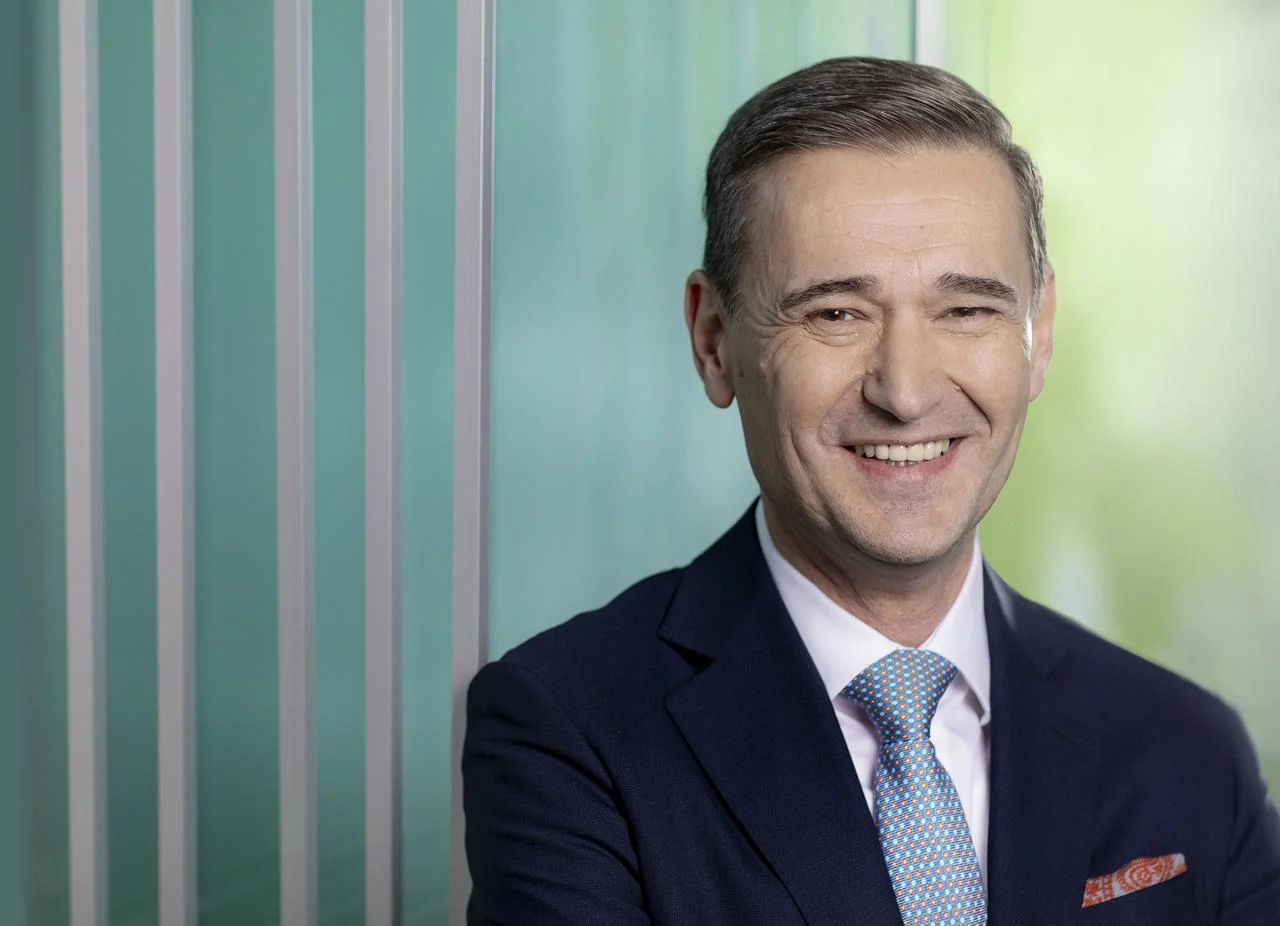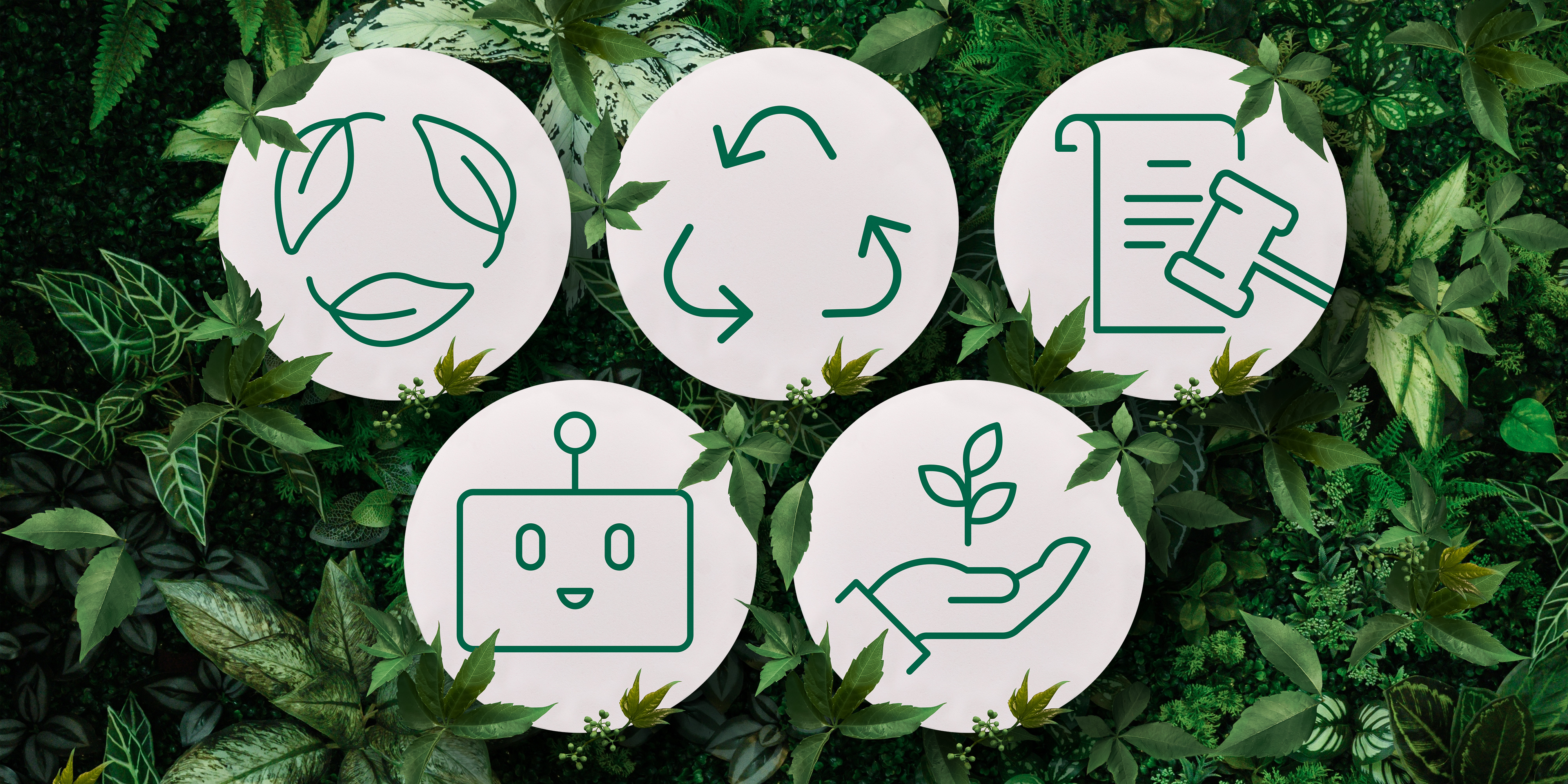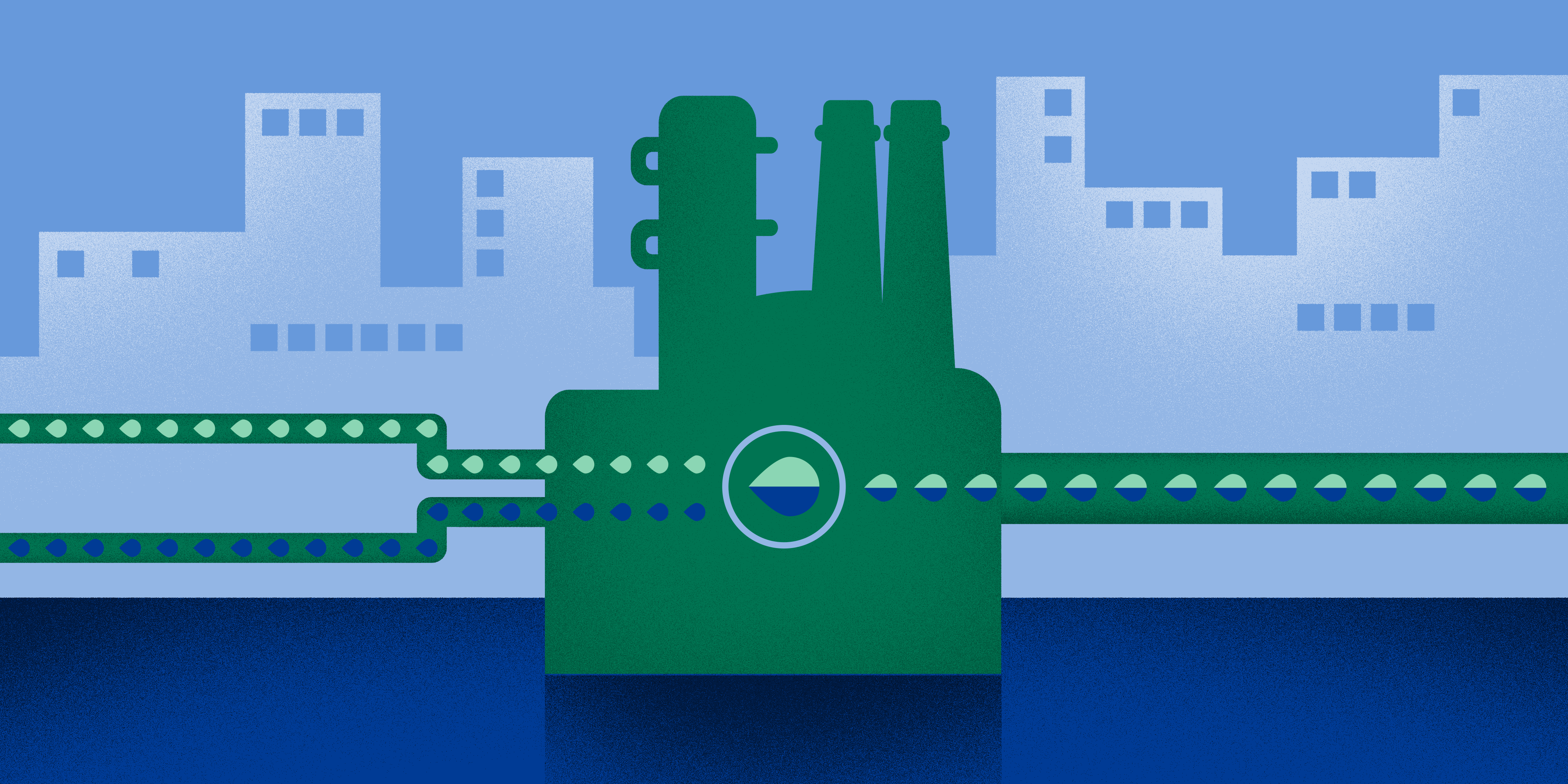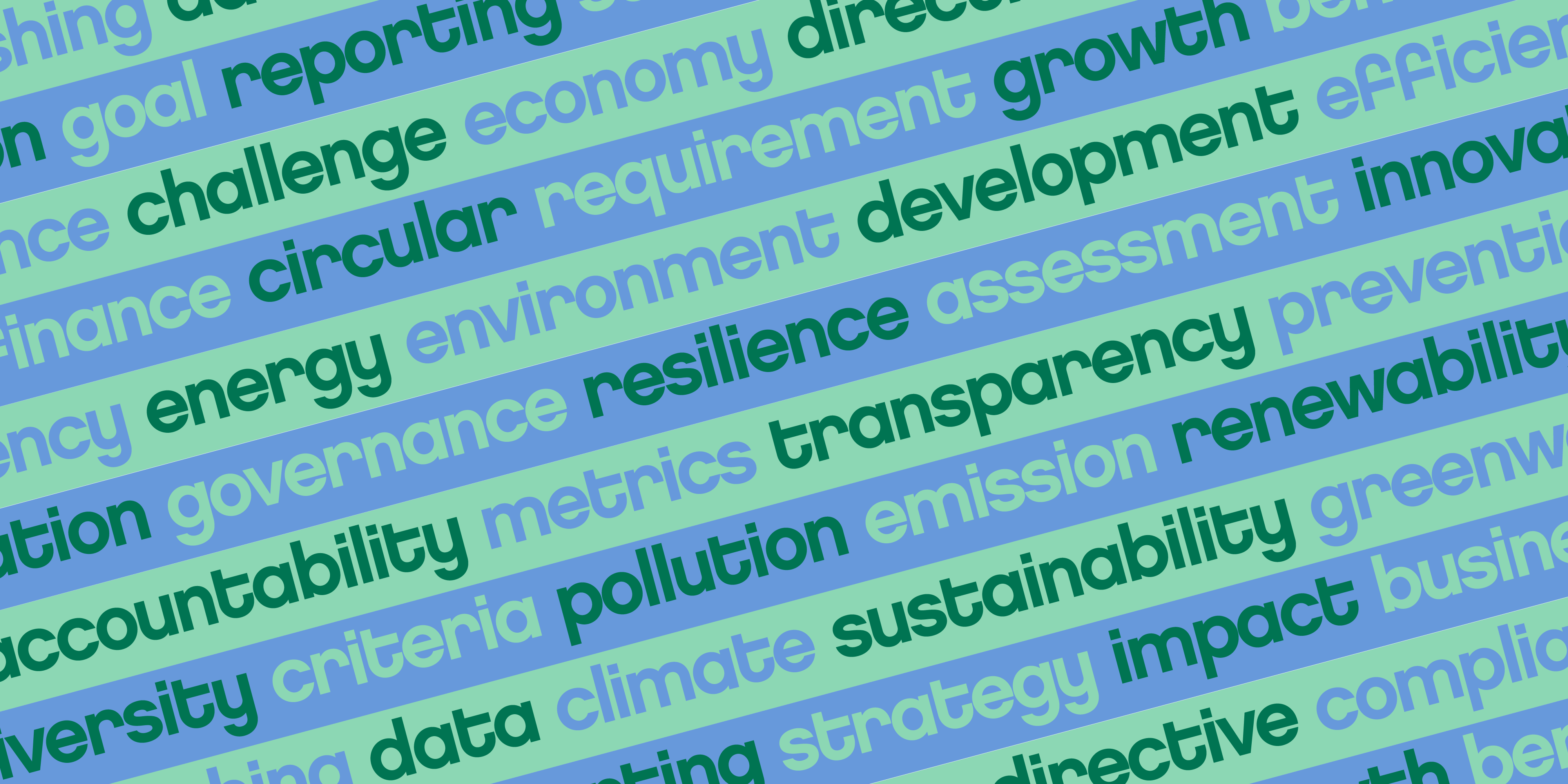
Sustainability
5 minute read
CEO Talks: solid overall performance and ‘K-shaped’ recovery in Q3/2020
Neste’s President and CEO Peter Vanacker answers questions about the company’s third quarter 2020 and shares his thoughts about creating the post-pandemic world.
You just shared your quarterly results, and it seems to be a “mixed picture” – on one hand Neste had a strong quarter, and on the other hand Oil Products business is having challenges. How do you see Neste’s financial performance in Q3/2020?
“Neste's overall performance was solid during the third quarter despite the COVID-19 pandemic. Our comparable operating profit totaled EUR 373 million, and our Renewable Products business improved its sales margin and sales volume compared to the corresponding period last year. The renewable diesel demand remained good, and our sales volumes were relatively stable at 730,000 tons. However, Oil Products continued to suffer from a very weak refining market caused by the global COVID-19 related demand destruction and oversupply, and the segment delivered a slightly negative comparable operating profit. The reference margin, which reflects the general market conditions, continued to be impacted by an exceptionally weak product market.”
“Recovery for us at Neste can be described as 'K-shaped' with resilience and fast recovery in renewables, while the decrease in demand for fossil oil products has accelerated and will continue to decline. The situation in Oil Products has become quite challenging due to many reasons, and as you know, we have had to start considering options to re-organize our operations in Naantali and Porvoo. Those plans are now in negotiations with our personnel representatives.”
You have talked a lot about your strategy of becoming a global leader in renewable and circular solutions. Is this still your ambition, and how are you proceeding with strategy execution?
“Visibility in global economic development still remains low due to the COVID-19 pandemic. But I want to be clear that our strategy remains unchanged: we continue to focus on the implementation of our growth strategy, which is a good match to the green recovery actions the world now needs.”
“This includes our capacity expansion for renewable products. The Singapore renewable production capacity expansion project is proceeding according to the updated completion schedule, with an estimated start-up of the plant in the first quarter of 2023. Our future renewables capacity expansion project’s feasibility study phase is also progressing well.”
“We have also been proud to announce many new agreements and partnerships in our growth areas, Renewable Aviation and Renewable Polymers & Chemicals despite the Covid-19 situation. For example, we have started supplying Alaska Airlines, American Airlines and JetBlue Airways with sustainable aviation fuel for flights from San Francisco International Airport and announced collaborations with Air bp and Shell Aviation. We have also partnered with All Nippon Airways (ANA) which represents Neste’s first SAF supply to an Asian airline. In the Renewable Polymers & Chemicals business, we have just recently made announcements with Borealis and Covestro for the use of alternative raw materials and with Recycling Technologies and Unilever to combine expertise to test and validate systems to chemically recycle waste plastics. These are excellent examples showing how sustainability-focused collaboration can make a positive impact even within complex value chains!”
It doesn’t look like that the COVID-19 pandemic will be over anytime soon. Looking into your crystal ball, what kind of a world do you see emerging from this crisis?
“I’m an optimist and believe that this pandemic, too, shall pass, and we will continue our lives and working lives successfully once that happens. As Neste, we have done an excellent job in preparing for the crisis and its impacts, as well as shifting to new ways of working. A big thanks goes to all the colleagues who have adopted the remote working mode, as well as to all those who are working in our refineries and laboratories, making sure that our societies keep running smoothly. The most important thing to remember, always, is to put safety first – that is a principle we never question.”
“This pandemic knows no borders, just like the climate crisis. By working together, we have a unique opportunity to build a sustainable and resilient economy and society. We can create a truly better world, and a healthier one for us and for our children. There are already encouraging signs of this, for example from the European Commission which has recently proposed an increase in the 2030 climate emission reduction target to 55 %. The world urgently needs ambitious climate emissions reduction targets like these to tackle the climate crisis.”
“But it should be added that even the most ambitious targets can never be achieved without a clear pathway. This allows the industry to continue investing more into different types of technologies and capacity expansions. To combat the climate crisis, it’s crucial we use all solutions that already exist today such as renewable fuels, as well as focus on innovation to develop the solutions and technologies of the future.”
“This new resilient and more sustainable world will have to be created – it won’t come about without effort. Creating the post-pandemic world calls for a strong vision, leadership and commitment. As well as passion to drive such an agenda forward, with limitless curiosity to explore new solutions and imagine the previously unimaginable."




